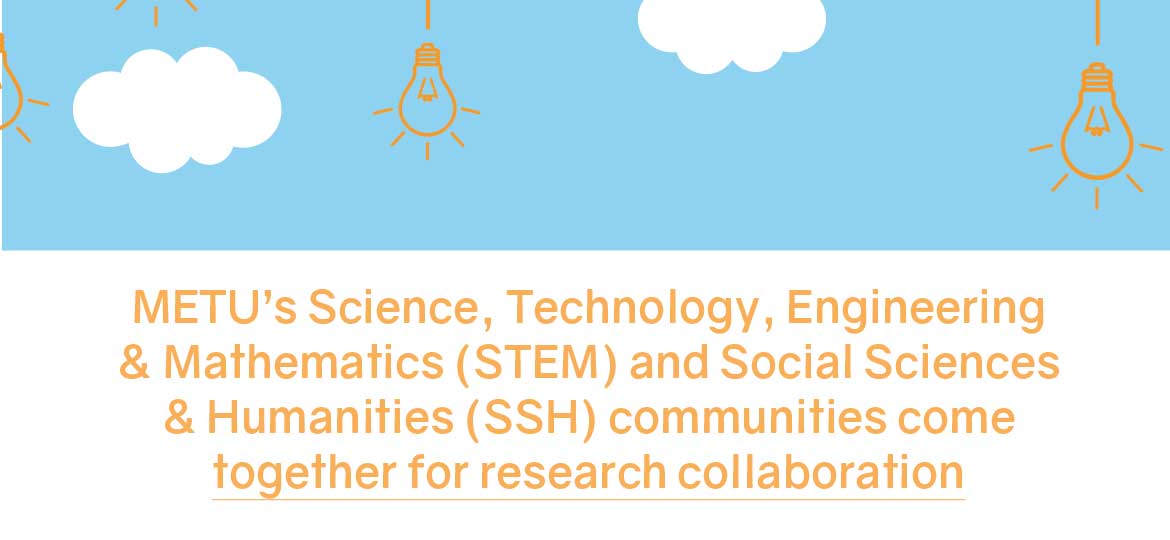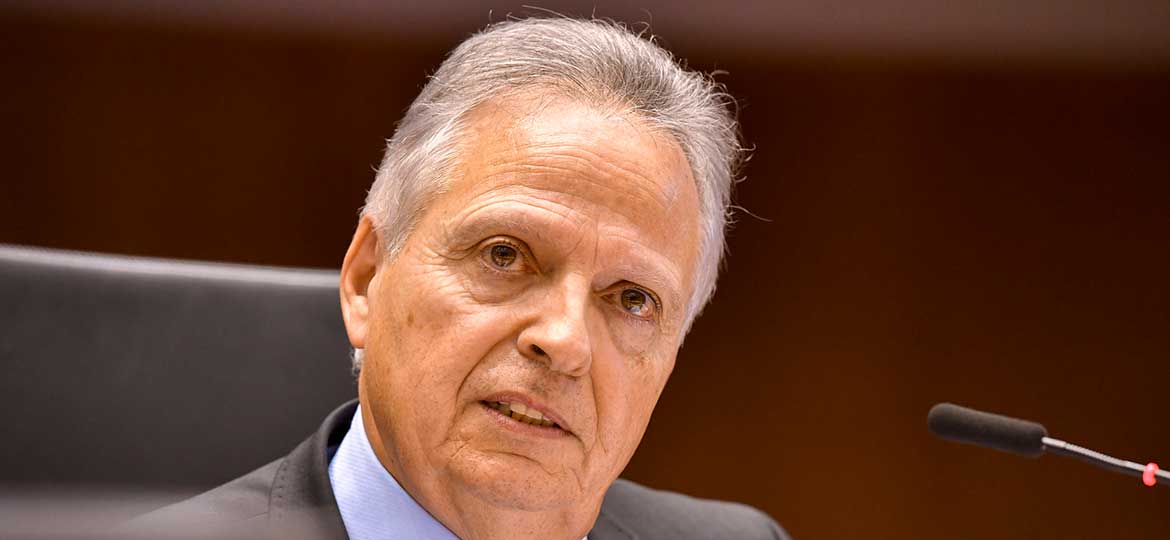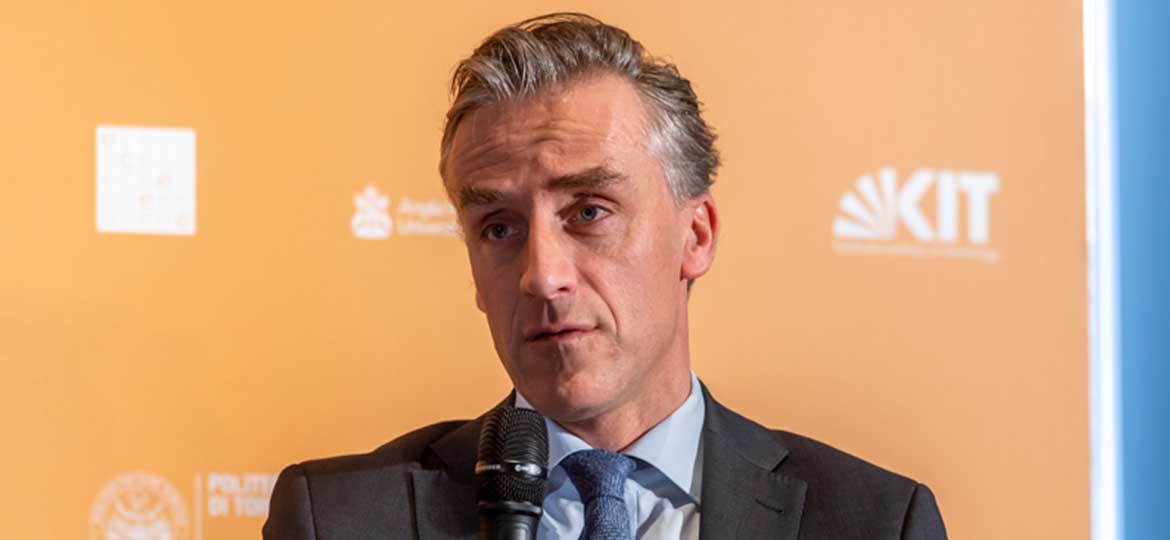A SHAPE ENERGY multi-stakeholder workshop was held in Belgrade’s IN Hotel on February 27th . This workshop was organised by BSREC and co-hosted by University of Belgrade-Faculty of Mining and Geology and the Standing Conference of Towns and Municipalities – national association of local authorities in Serbia.
Participants of the workshop were representatives of the Ministry of Mining and Energy, district heating companies (Belgrade, Šabac), local self-governments (Belgrade, Kraljevo, Petrovac na Mlavi), association of consumers, university, NGO, industry, etc.
The workshop title was “Sustainable Transition of District Heating Systems in Serbia”, and the issues in focus were introduction of renewable energy sources (RES) in district heating (DH) systems’ fuel mix, and changing of payment method for delivered heat to meet requirements of recently adopted national Energy Strategy and Law on Efficient Energy Use. Namely, DH systems are currently almost completely based on fossil fuels (natural gas, heavy fuel oil and coal) and payment method in households is predominantly based to flat rate (the size of heated area).
In the first part of workshop representatives of DH companies and/or local self-governments from Belgrade, Niš and Šabac shared their experience in introduction of new payment method based on actual consumption and the ideas for increasing the share of RES in energy mix. Belgrade’s system is the biggest DH system in Serbia with about 300,000 households connected, but with less than 0.5% of RES use and with only 6% of households with implemented new payment method. New payment method has been implemented in Niš since 2013, but with lot of obstacles and non-acceptance, including street protests and decrease of number of consumers. Representative of the city of Šabac presented a good practice example – new payment method was introduced in 2011 simultaneously with refurbishment of buildings, while introduction of biomass for heat production is ongoing project.
These presentations provided a current state overview and introduction to the second, interactive part of the workshop. In the first part of the interactive section participants wrote stories with the aim of identifying and analyzing key issues related to low share of RES and non-acceptance and delay in new payment method implementation. Some of the most appointed issues were:
– Low level of energy efficiency in consumption
– Incompatible regulations
– Missing of strategic approach in technology implementation
– Environmental problems
– Problems with affordability of energy
– Problems in communication with consumers/citizens
– Necessity for information and education of consumers/citizens
During the discussion, it was decided to focus the third part of workshop to envisioning solutions for changing of payment method for delivered heat, as it was recognized by participants as more interesting field for social sciences and humanities, comparing to the introduction of RES. The more intensive communication with the citizens, informing and training, together with implementation of innovative business models in operation of DH companies (on supply side) and new financing and supporting mechanisms for energy efficiency measures implementation (on demand side) are recognized as the main actions that need to be undertaken before the introduction of new payment method.
The joint conclusion was that integrative approach and implementation of engineering and SSH disciplines could bring additional benefit and overcome the significant number of observed barriers and obstacles.
By Dr. Dejan Ivezic from the Centre for Energy
University of Belgrade – Faculty of Mining and Geology







